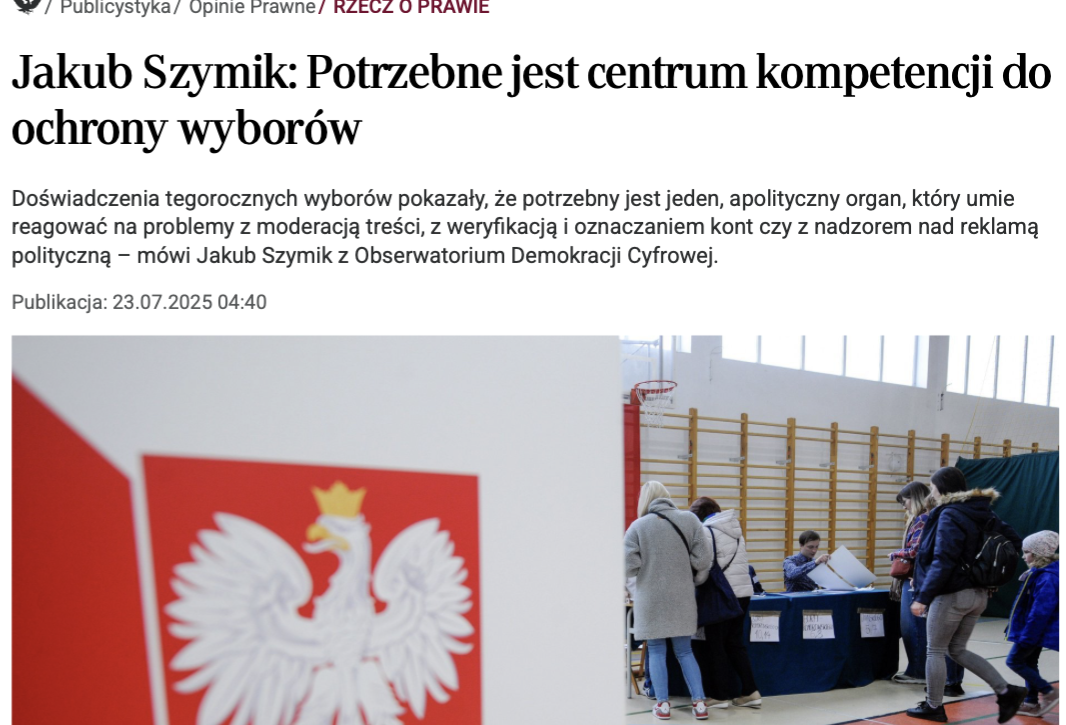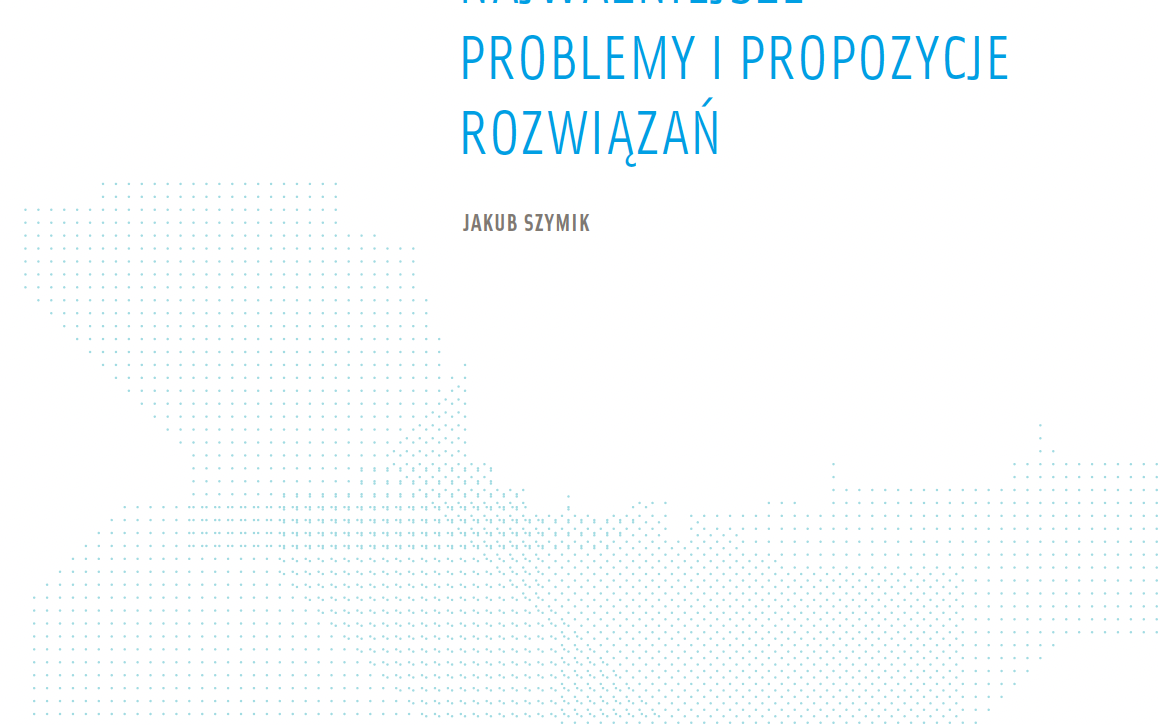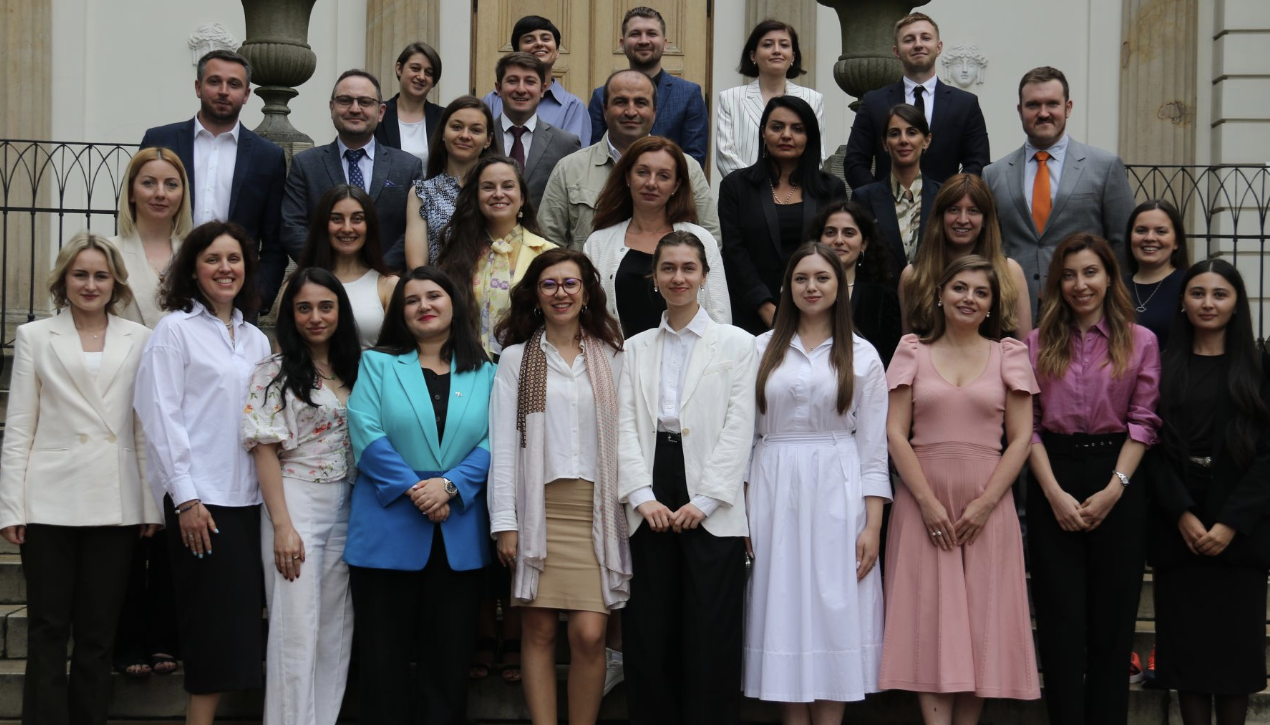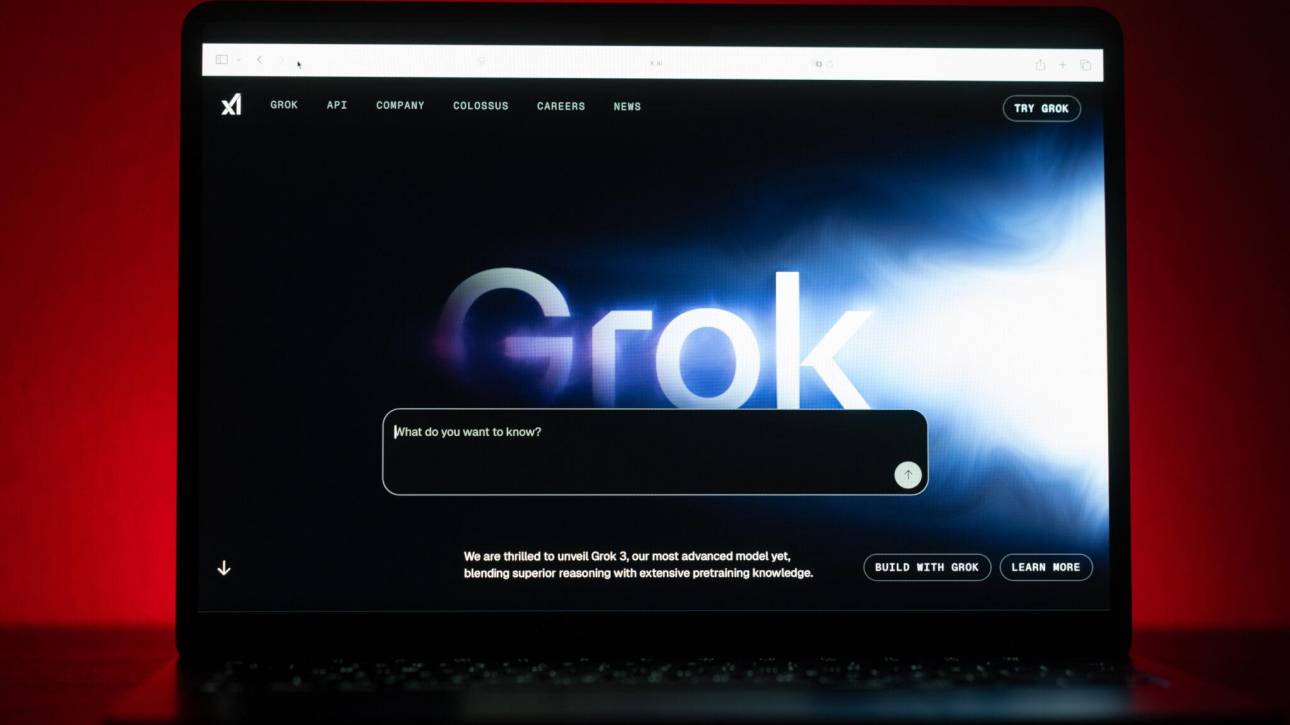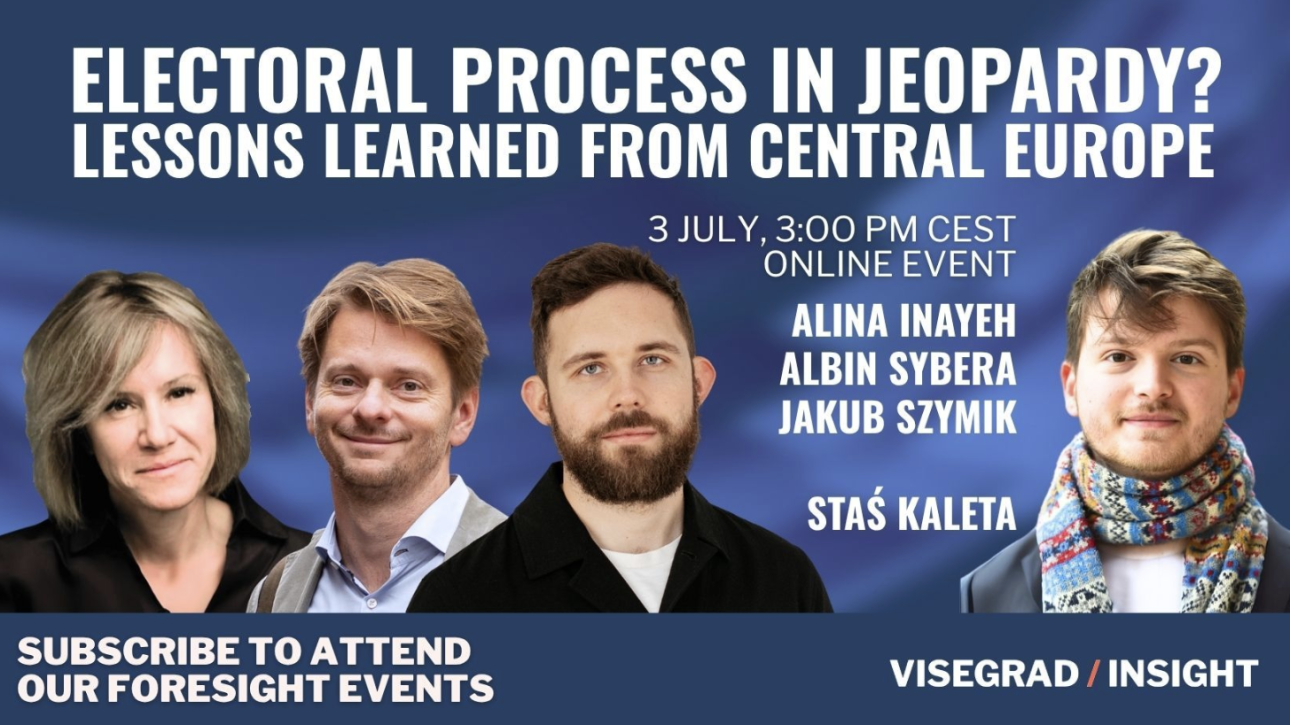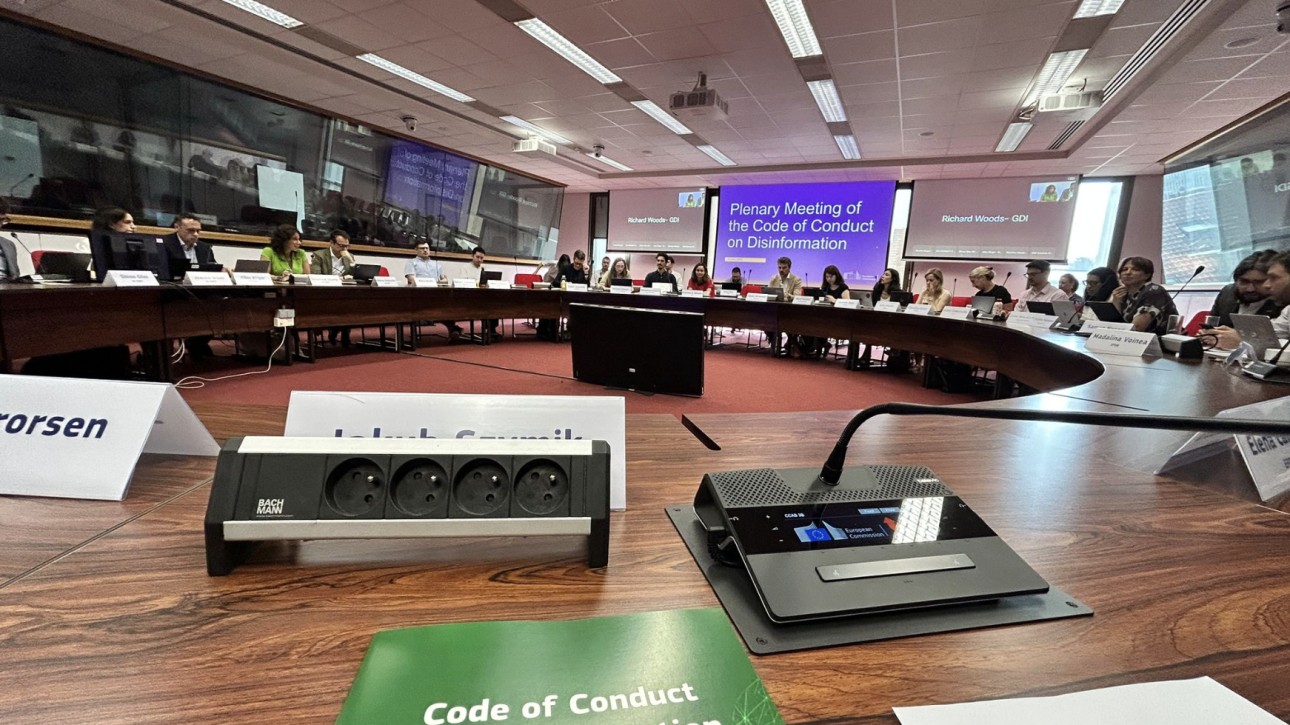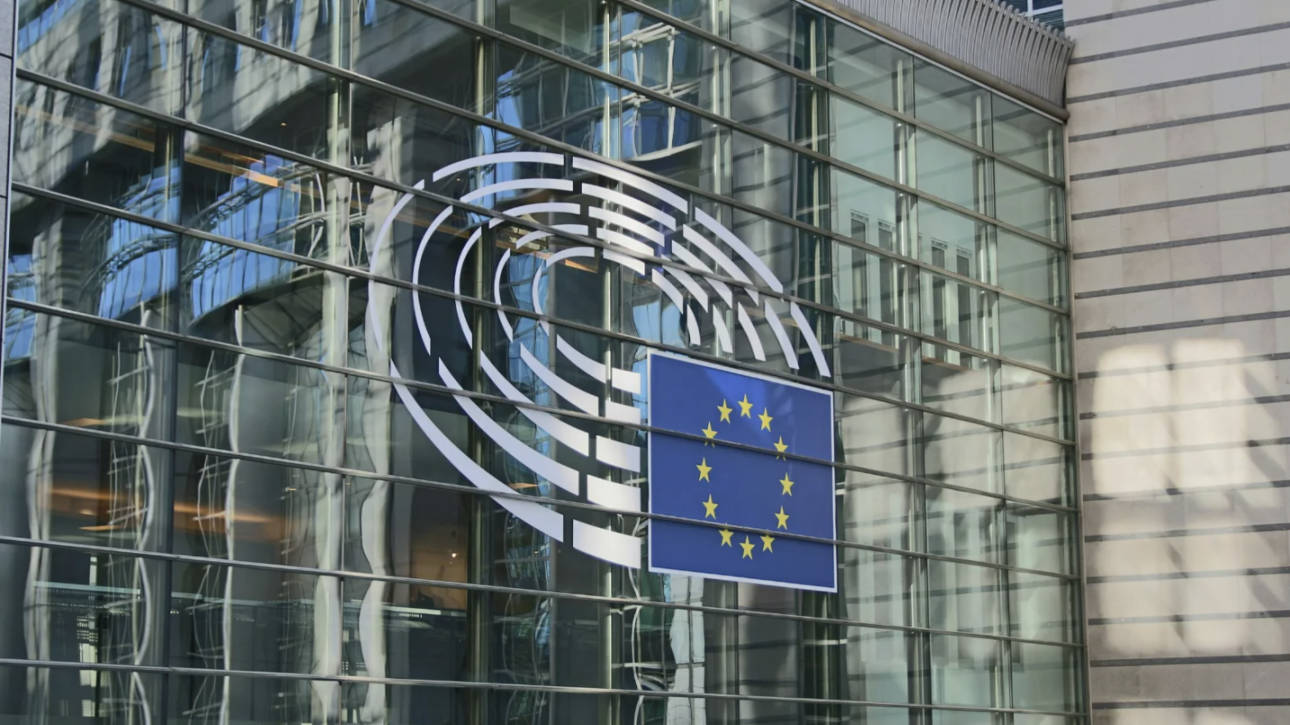Zapraszamy do zapoznania się z badaniem Barometr sieci. Październik 2025. Raport podsumowuje posty polskich liderów politycznych na kanałach Facebook, Instagram, YouTube, TikTok oraz X/Twitter opublikowanych w dniach 1-31 października 2025.
Celem projektu jest uzupełnienie analizy sceny politycznej w Polsce oraz obserwacja zachowań głównych aktorów politycznych w kontekście rosnących działań dezinformacyjnych wpływających na decyzje wyborców i wyborczyń,…




